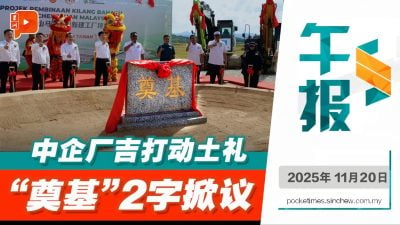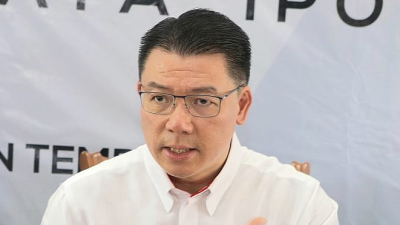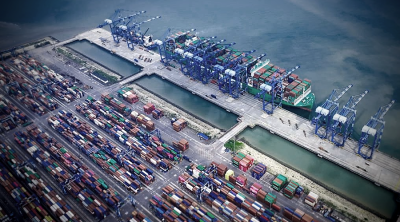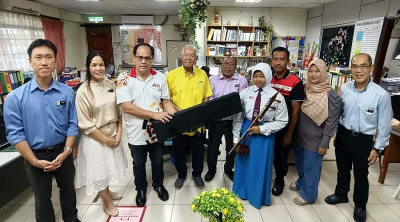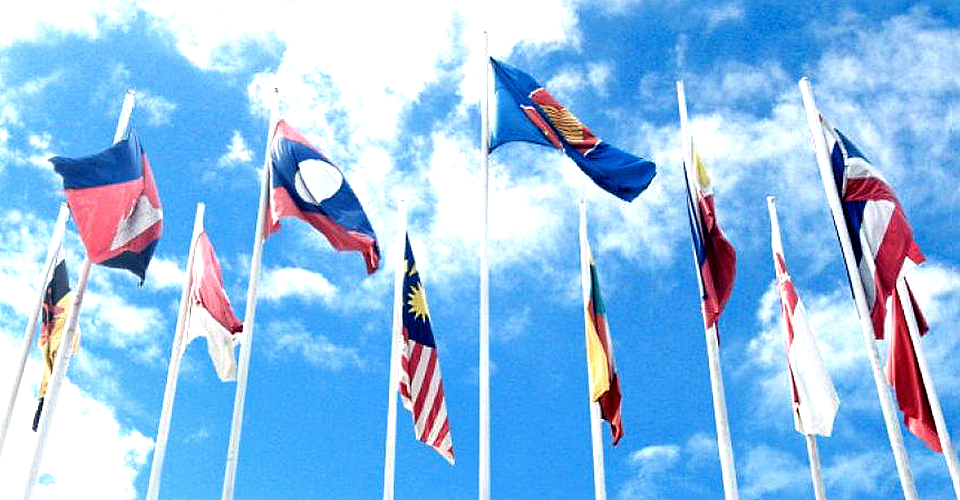
Simply put, the 4IR is characterised by the convergence of digital, physical, and biological technologies.
This convergence of technologies is leading to breakthroughs in fields like artificial intelligence (AI), robotics, biotechnology, and the Internet of Things (IoT).
This sudden integration of automation and AI has led to challenges for the global workforce.
Existing state of play in ASEAN
Traditional job roles are evolving or becoming obsolete, leading to concerns about job displacement, thus, reskilling and upskilling are essential to equip workers with the necessary skills to adapt to the changing job landscape.
With ASEAN being the fastest growing Internet market in the world, with 125,000 new users coming onto the Internet every day, the digital divide between those with access to technology and those without deepens, causing disparities in education, job opportunities, and access to information.
In the rural areas and developing countries in ASEAN such as Cambodia and Laos PDR, limited connectivity and access to digital tools hinder participation in the digital economy.
The digitalisation wave has not only led to substantial growth in the goods and services sector but has also given rise to novel forms of employment, fundamentally altering the landscape of the future of work.
Remote work has essentially become the norm, and the pandemic has ushered in a fresh breed of entrepreneurs and workers, known as the gig economy, which has undergone a significant transformation within the ASEAN region.
It has become increasingly common for individuals to juggle two or even three distinct jobs simultaneously.
Furthermore, a growing number of entrepreneurs have emerged in various roles, such as private hire drivers, food delivery providers, and online service providers
Future-proofing ASEAN’s workforce
To truly harness the potential of the 4IR, ASEAN must prioritise building a robust and agile talent pool that can navigate the challenges and innovations of this transformative era.
The 4IR offers opportunities to develop new markets and business models, with thriving sectors such as e-commerce, fintech, and digital entertainment emerging out of the digital revolution.
In Thailand, the government has been pushing the “Thailand 4.0” economic policy, which aims to transform the nation’s economy into an innovation-driven one.
One of its core initiatives is the promotion of smart industries, including smart manufacturing.
As part of this “Thailand 4.0” policy, there has been a push to promote the Eastern Economic Corridor (EEC) as a leading economic zone, a special economic zone in eastern Thailand that is intended to be developed into a hub for high-tech industries and innovation.
The plan involved various initiatives focused on improving infrastructure, attracting investment, and developing human resources.
The EEC consists of three eastern provinces, namely Rayong, Chonburi, and Chachoengsao, covering a total area of around 13,000 square kilometres.
In 2022, China led the pack in investment applications within the EEC, particularly in the EV car sector and clean energy.
This year, 2023, China is poised to be the top investor for the second consecutive year. This underscores the importance and demand for expertise in EV and clean energy, which the government ought to support.
ASEAN countries must also re-evaluate their education systems to align them with the demands of the 4IR.
A greater emphasis on STEM (science, technology, engineering, and mathematics) subjects, coupled with increased digital literacy programs, will ensure that their citizens graduate with relevant skills.
Governments in ASEAN must work together to create an environment that encourages upskilling and reskilling throughout their careers.
With the push towards smart manufacturing, there’s a need for specialised training institutions and programs to upskill the local workforce in both Information Technology (IT) and Operational Technology (OT).
As manufacturing in Thailand becomes more sophisticated, it will create opportunities for higher-value roles such as data scientists, automation engineers, and IT-OT integrators.
For example, Singapore has strategically positioned itself as a global tech hub through initiatives like “SkillsFuture”.
The Singapore government has constantly promoted lifelong learning and upskilling, providing subsidies and grants to encourage individuals to acquire skills relevant to 4IR technologies, such as data analytics, artificial intelligence, and cybersecurity.
This has enabled Singapore to transition its workforce into tech-savvy professionals, attracting multinational companies and becoming a beacon of innovation in the region.
Importance of digital access
To fully participate in the 4IR, access to digital technology is essential.
Governments must invest in digital infrastructure and ensure that rural and marginalised communities have access to the Internet and digital tools.
Indonesia, with its vast archipelago, faces unique challenges in ensuring equitable access to 4IR opportunities.
The government’s “Indonesia Broadband Plan” aims to provide internet access to remote areas, enabling rural communities to participate in the digital economy.
In addition, there needs to be close collaboration between the education sector and industry counterparts to help bridge the gap between theoretical knowledge and practical skills.
Internship programs, apprenticeships, and partnerships with tech companies can provide students with real-world experience and insight into industry trends.
Thailand’s Digital Economy and Society Development Plan or Digital Thailand highlights the power of public-private partnerships.
Collaborations between the government, universities, and tech companies facilitate the creation of specialised courses that address industry demands. This ensures that graduates possess the skills needed to excel in tech-related fields.
Empowering ASEAN
The 4IR has had a transformative impact on the nations within the ASEAN region, significantly enhancing the well-being of its citizens by modernising the delivery of fundamental social services.
The key to ASEAN’s success in this rapidly evolving economic landscape lies in its ability to empower its people, fostering an environment where talent can flourish and ensuring equal opportunities for all.
Governments across the ASEAN region must make substantial investments in reforming their educational systems, with a strong emphasis on equipping individuals with the skills needed to thrive in the digital age.
Moreover, promoting lifelong learning is crucial to enable the workforce to continually adapt to evolving technologies and industries.
This involves not only improving internet connectivity and digital infrastructure but also addressing the socio-economic disparities that can hinder digital inclusion.
Through the concerted implementation of these strategies, ASEAN is not only poised to effectively tackle the challenges posed by the 4IR but also to emerge as a dynamic and innovative force on the global stage.
The time to invest in nurturing talent and fostering innovation is now. The dividends of these efforts will undoubtedly propel the ASEAN region toward a future characterised by sustained growth and prosperity for all its citizens.
This transformation is not just a possibility; ASEAN must remain relevant and competitive in the 21st century.
(Vijay Eswaran is prominent Asian thought leader, philanthropist, speaker, and author.)
ADVERTISEMENT
ADVERTISEMENT






